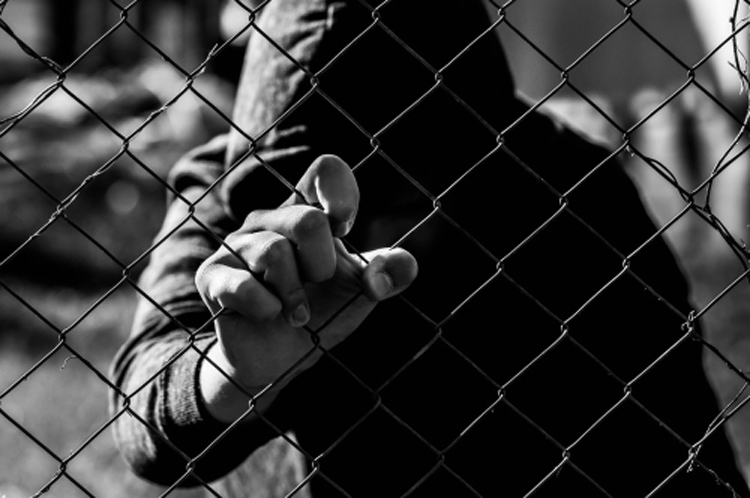SCOTUS rejects deportable immigrants’ argument against no-bail detention after arrest delay

Photo by Benedek Alpar/Shutterstock.com.
The U.S. Supreme Court ruled Tuesday that federal immigration law requires no-bail civil detention of some potentially deportable immigrants, even if they are arrested years after their release from prison.
The court ruled in a 5-4 decision that interprets a provision of the Illegal Immigration Reform and Immigrant Responsibility Act of 1996.
The majority reversed the 9th U.S. Circuit Court of Appeals at San Francisco, which had held that the provision only applies when the immigrant is detained immediately after their release from prison.
The Supreme Court interpreted a provision that applies to immigrants who have committed certain dangerous crimes or who have connections to terrorism.
Justice Samuel A. Alito Jr. emphasized in his majority opinion that the court was ruling based on its interpretation of the statute, and the opinion does not foreclose an as-applied constitutional challenge.
Alito’s opinion was joined in full by Chief Justice John G. Roberts Jr. and Justice Brett M. Kavanaugh. Justice Clarence Thomas concurred in part in an opinion arguing that no court has jurisdiction to decide questions concerning the detention of immigrants before final orders of removal are entered. Justice Neil M. Gorsuch joined Thomas’ opinion.
In his dissent, Justice Stephen G. Breyer said the majority opinion is not a narrow one “in terms of potential consequences and basic America legal traditions.”
“The issue may sound technical. But it is extremely important,” he wrote.
Under the government’s view, the immigrants subject to mandatory detention “may have been released from criminal custody years earlier and may have established families and put down roots in a community. These aliens may then be detained for months, sometimes years, without the possibility of release; they may have been convicted of only minor crimes—for example, minor drug offenses, or crimes of ‘moral turpitude’ such as illegally downloading music or possessing stolen bus transfers.”
Breyer’s dissent was joined by Justices Ruth Bader Ginsburg, Sonia Sotomayor and Elena Kagan.
The case is Nielsen v. Preap.
Related article:
ABAJournal.com: “Supreme Court will hear case on immigration bond hearings for noncitizens convicted of crimes”



